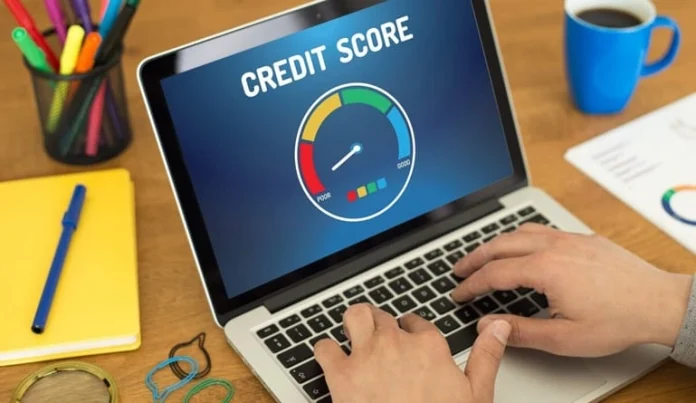Your credit report is a detailed record of your credit history, including your credit accounts, payment history, and inquiries made by lenders. Monitoring your credit report regularly is essential for maintaining a healthy credit score and protecting yourself against identity theft. In this guide, we’ll explore the importance of credit report monitoring and how you can do it effectively.
Understanding Credit Reports
A credit report is a summary of your credit history compiled by credit bureaus like Equifax, Experian, and TransUnion. It includes information such as your personal information, credit accounts, payment history, and any public records related to your finances.
Why Credit Report Monitoring is Important
- Detecting Errors: Monitoring your credit report allows you to spot errors or inaccuracies that could be negatively impacting your credit score.
- Identity Theft Protection: Monitoring your credit report can help you detect signs of identity theft, such as unauthorized accounts opened in your name.
- Improving Your Credit Score: By monitoring your credit report, you can track your progress and take steps to improve your credit score over time.
- Financial Awareness: Regularly checking your credit report helps you stay informed about your financial health and make better financial decisions.
How to Monitor Your Credit Report
- Use a Credit Monitoring Service: There are several credit monitoring services available that can help you track changes to your credit report and alert you to potential issues.
- Request Your Free Annual Credit Report: By law, you are entitled to one free credit report from each of the three major credit bureaus every year. You can request these reports from AnnualCreditReport.com.
- Review Your Credit Card Statements: Regularly reviewing your credit card statements can help you spot unauthorized charges that could indicate fraud.
Tips for Effective Credit Report Monitoring
- Set Up Alerts: Consider setting up alerts with credit monitoring services or directly with the credit bureaus to notify you of any significant changes to your credit report.
- Review Your Credit Report Regularly: Make it a habit to review your credit report at least once a year to check for errors or suspicious activity.
- Monitor Your Credit Score: Tracking your credit score can give you a quick overview of your credit health and alert you to any significant changes.
Conclusion
Monitoring your credit report is a crucial part of managing your financial health. By staying vigilant and regularly checking your credit report, you can protect yourself against identity theft, detect errors early, and maintain a healthy credit score.
